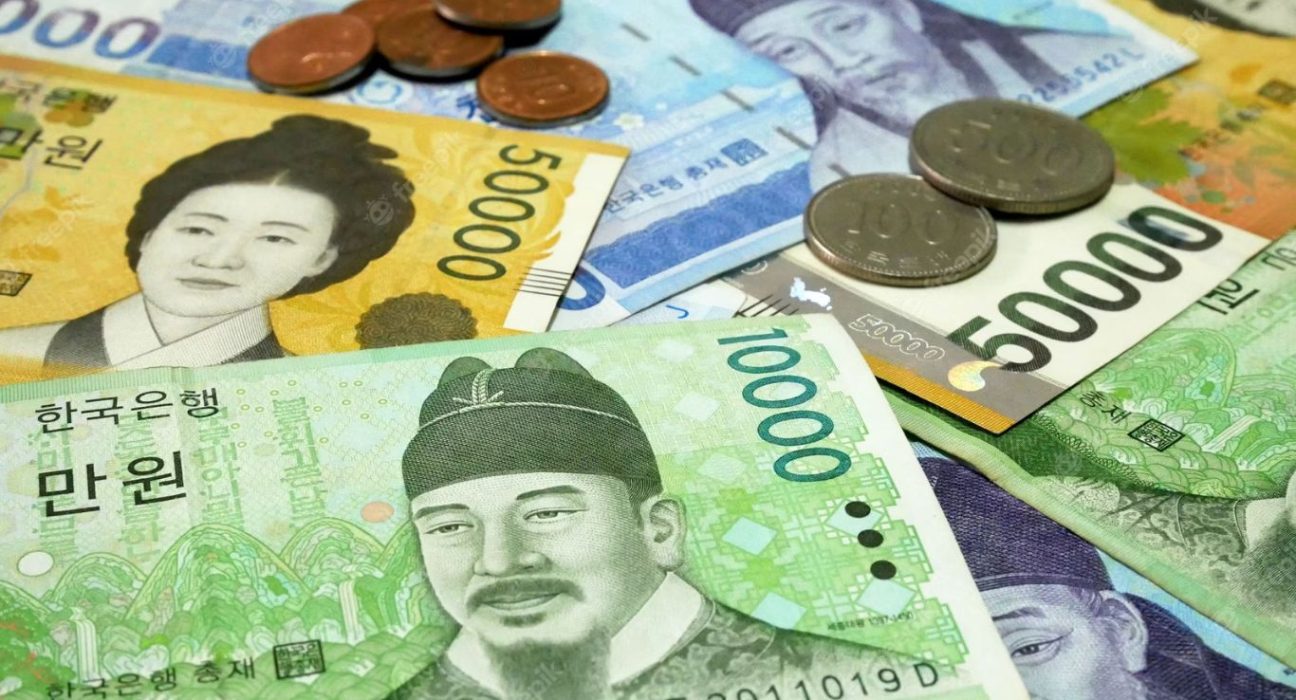The currency market witnessed notable developments recently as the South Korean won and Malaysian ringgit made significant gains. The South Korean won rose by 0.2%, while the Malaysian ringgit surged by an impressive 1.5%. Speculation is mounting over the potential intervention by the Malaysian central bank, driving investor interest in these currencies.
South Korean Won Strengthens by 0.2%
The South Korean won showcased resilience in the currency market, strengthening by 0.2% against major currencies. This rise suggests positive market sentiment towards South Korea’s economic outlook and its ability to withstand external shocks. Investors are likely taking note of the country’s strong export sector, bolstered by the robust performance of technology giants like Samsung and LG.
Malaysian Ringgit Surges 1.5% on Central Bank Intervention Speculation
Meanwhile, the Malaysian ringgit experienced a remarkable surge of 1.5% against major currencies, capturing attention within the currency market. Market participants are buzzing with speculation that the Malaysian central bank may be intervening to bolster the ringgit’s value. This surge in the currency indicates increased confidence in Malaysia’s economic prospects and monetary stability.
Malaysian Central Bank Intervenes to Strengthen Ringgit
Amidst the surge in the Malaysian ringgit, rumors are circulating that the Malaysian central bank has intervened in the currency market to support the ringgit’s value. The intervention may involve the purchase of ringgit assets or the implementation of measures to regulate capital flows. The central bank’s actions aim to enhance Malaysia’s export competitiveness and stabilize the country’s currency, driving economic growth.
Factors Driving the South Korean Won’s Rise
The South Korean won’s upward trajectory can be attributed to several key factors. First, the country’s successful management of the COVID-19 pandemic has bolstered confidence in its economy. Additionally, South Korea’s exports, particularly in the tech sector, have been robust, contributing to increased foreign exchange inflows and supporting the won’s strength. Moreover, South Korea’s stable political environment and sound economic policies have garnered investor trust, further boosting the won’s appeal.
Factors Behind the Malaysian Ringgit’s Surge
The Malaysian ringgit’s surge has raised eyebrows in the currency market, prompting analysis of the factors driving its strength. Speculation about central bank intervention has played a significant role in the ringgit’s recent performance. Market participants believe that the Malaysian central bank’s proactive approach to stabilize the currency and support the country’s economic growth prospects has garnered investor confidence. Additionally, Malaysia’s solid economic fundamentals, including robust exports and strong domestic demand, contribute to the ringgit’s appreciation.
Market Reaction and Outlook
The currency market has responded to the developments with heightened interest, as traders and investors closely monitor the movements of the South Korean won and Malaysian ringgit. The South Korean won’s modest rise reflects a positive sentiment towards the country’s economic stability and export potential. Similarly, the surge in the Malaysian ringgit suggests growing confidence in Malaysia’s economic prospects and the effectiveness of central bank interventions.
Looking ahead, the market will continue to monitor the actions of the Malaysian central bank, as any further intervention or indications of future policies could influence the ringgit’s performance. Additionally, external factors such as global trade tensions, geopolitical developments, and fluctuations in commodity prices will continue to shape the currency market landscape.
Conclusion
The South Korean won’s 0.2% rise and the Malaysian ringgit’s remarkable 1.5% surge have captured attention in the currency market. Speculation surrounding intervention by the Malaysian central bank has fueled the ringgit’s strength. The South Korean won’s resilience reflects positive sentiment towards the country’s economic prospects. As investors watch these currencies closely, the actions of the central bank and external factors will play a crucial role in shaping their future performance.










